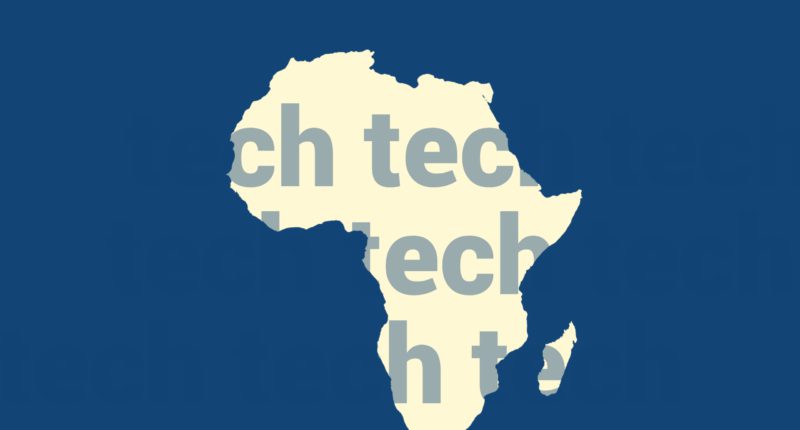Like other continents in the world (including Asia and Europe), the massive cut in employee strength by tech companies has also hit Africa. Either due to the Russia-Ukraine war, reduced inflow of capital investments or dwindling stock market prices, the tech industry is facing a tough season.
Furthermore, international companies with extensions in Africa have also not been kind to the continent. For example, the Ghana Twitter head office which was launched early this month recently faced massive lay off as owner, Elon Musk severely cut the 20-man team.
How Africa Must Position itself
Despite being the second most populous continent in the world, with presumably a large user base, Africa remits little revenue to these big international companies compared to other continents. Hence, the reason Africa ranks low on the priority list for expansion.
According to Statista, in the fourth quarter of 2020, Facebook earnings from the US and Canada were twenty times more than Africa’s contributions.
International companies with operational bases in Africa primarily establish branches on the continent to represent multiplicity, establish a working relationship with the home government and locals, and create a team of non-technical workers. Sadly, these non-technical employees in tech are easily disposable, as seen with Twitter.
Reports say the personnel laid off by the Twitter owner globally include content moderation, curation, safety and truth, and communications teams; all mostly non-technical staff.
For the Africa tech ecosystem to survive the sack hammer in the future, the continent must position itself as a provider and creator of reliable products. This means Africa must provide value to be taken seriously by marketing its wide net of software engineers, programmers and more.
Therefore, Africa and its government need to create a better economic environment for either local or foreign investments to thrive.

